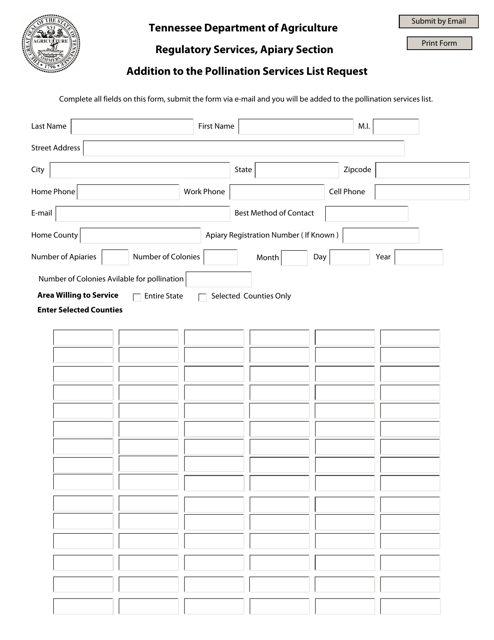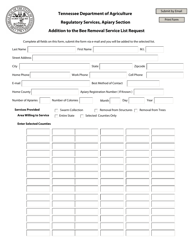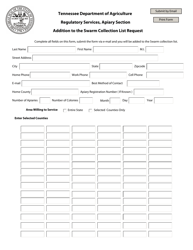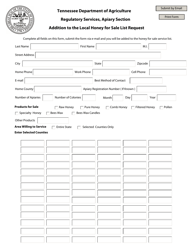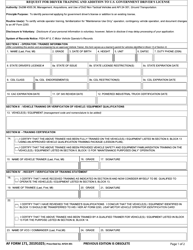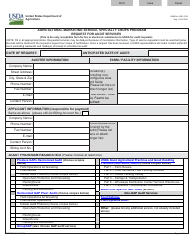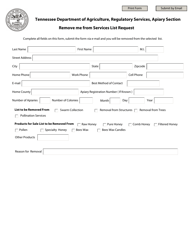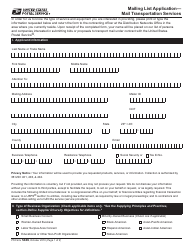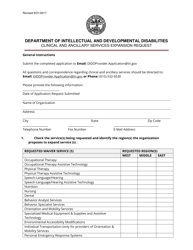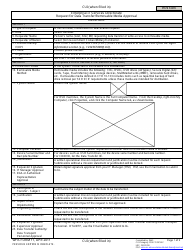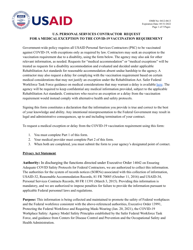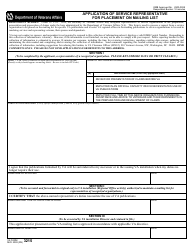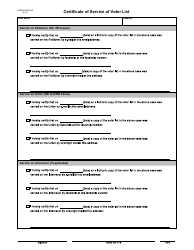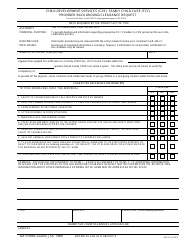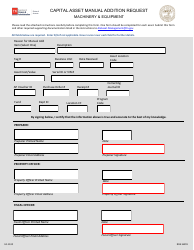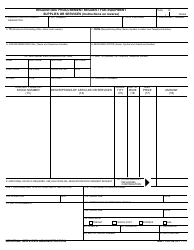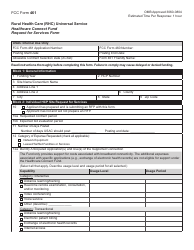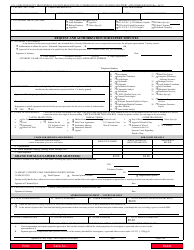Addition to the Pollination Services List Request - Tennessee
Addition to the Pollination Services List Request is a legal document that was released by the Tennessee Department of Agriculture - a government authority operating within Tennessee.
FAQ
Q: What are pollination services?
A: Pollination services are the services provided by pollinators, such as bees, butterflies, and other insects, that help plants reproduce by transferring pollen from the male reproductive organs to the female reproductive organs of flowers.
Q: Why are pollination services important?
A: Pollination services are important because they play a vital role in the reproduction of plants, which in turn contributes to the production of fruits, vegetables, nuts, and seeds. They also help to maintain biodiversity and support ecosystems.
Q: What types of pollinators provide pollination services?
A: Various types of pollinators provide pollination services, including bees (both wild and managed honeybees), butterflies, moths, beetles, flies, and even some birds and bats.
Q: How do pollinators carry out pollination?
A: Pollinators carry out pollination by visiting flowers to feed on nectar or pollen. As they move from flower to flower, they inadvertently transfer pollen from the male reproductive organs (stamens) to the female reproductive organs (pistils), leading to fertilization and seed production.
Q: What can be done to support pollinators and their pollination services?
A: There are several ways to support pollinators and their pollination services, including planting native flowers and plants, providing nesting habitats and shelter, avoiding or reducing pesticide use, and spreading awareness about the importance of pollinators.
Form Details:
- The latest edition currently provided by the Tennessee Department of Agriculture;
- Ready to use and print;
- Easy to customize;
- Compatible with most PDF-viewing applications;
- Fill out the form in our online filing application.
Download a fillable version of the form by clicking the link below or browse more documents and templates provided by the Tennessee Department of Agriculture.
